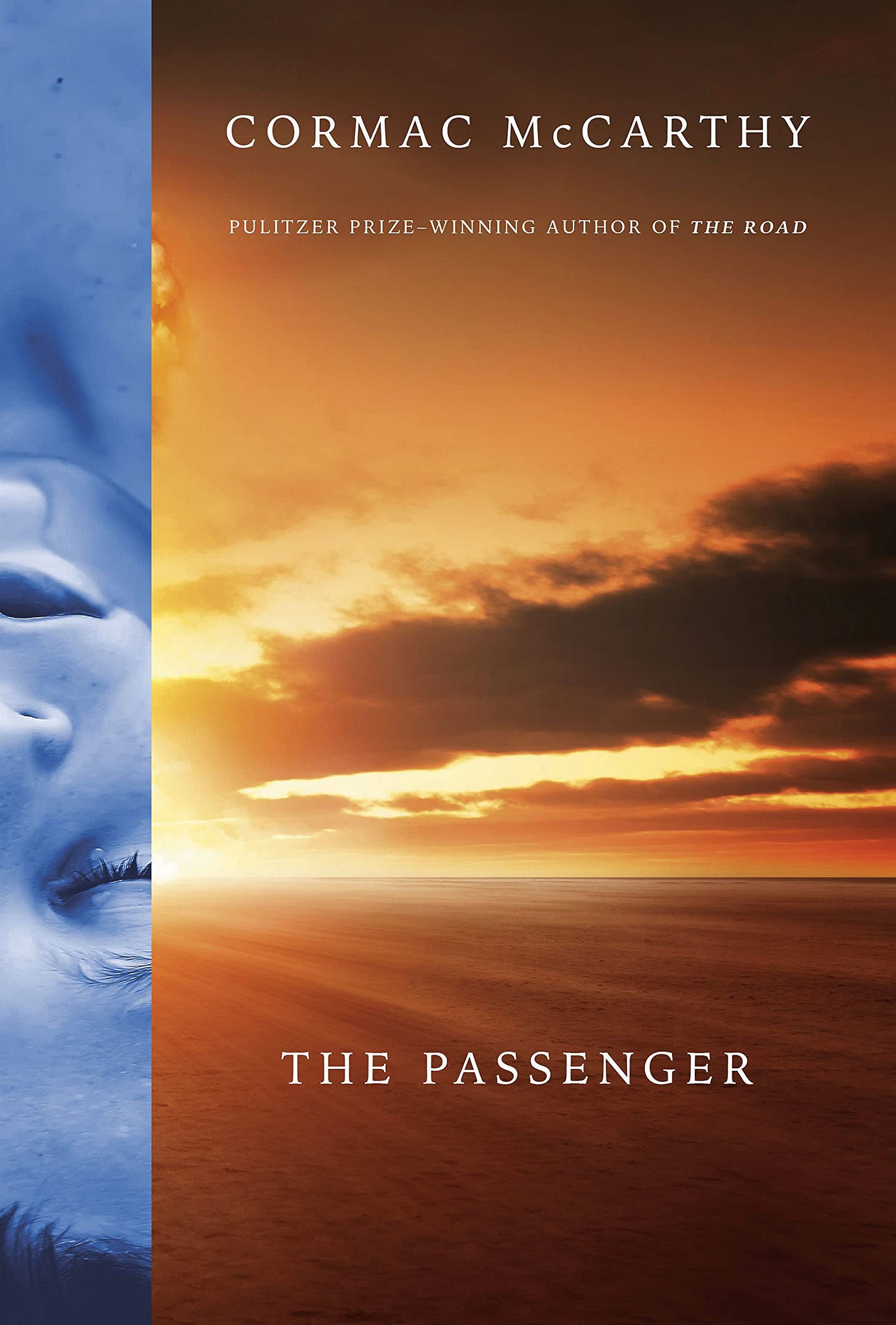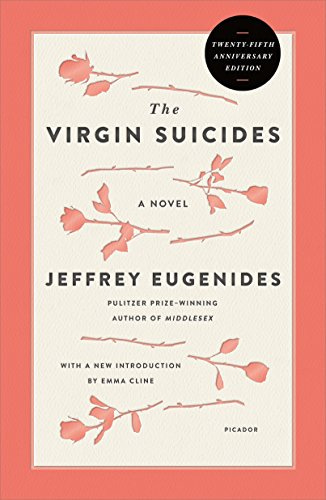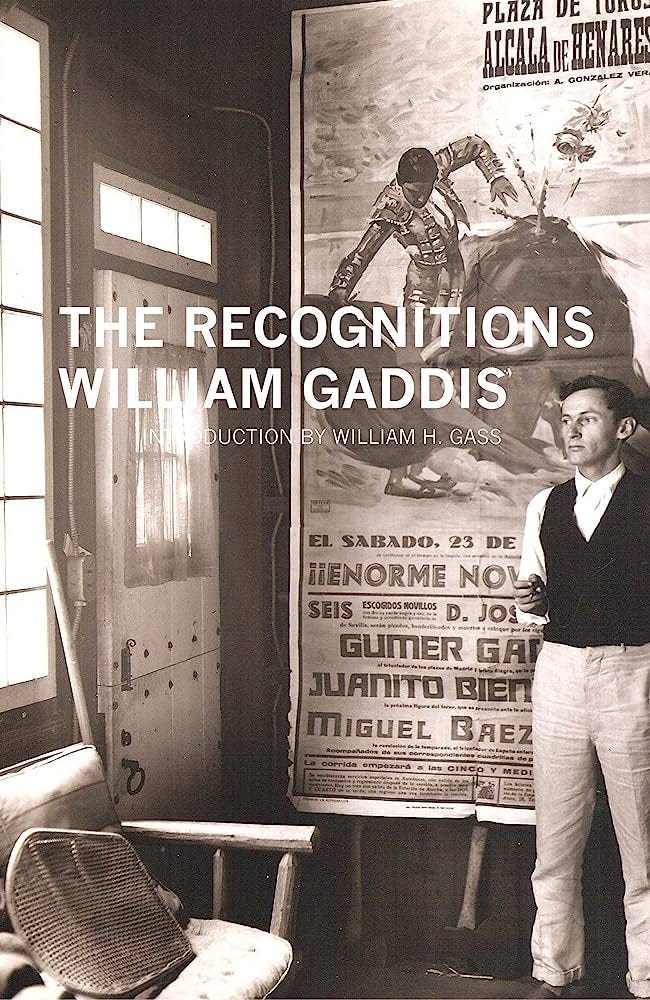What I've Been Reading—June 2023
I’ve been fairly busy lately, so I haven’t gotten around to writing something more long-form—so in the interim, I’ve decided to at least put together a monthly set of books that I’ve been reading.
First up is Cormac McCarthy’s penultimate book, The Passenger. I can see why the reception to this one was more mixed than a lot of people expected. It’s unlike most of his other novels in that it embraces a more postmodern form of narrative structure. Comparisons to Pynchon wouldn't be entirely off base, considering the page-long stream-of-consciousness sections, overwhelming paranoia, and vaudevillian character names. The Passenger certainly has a lot more narrative coherency than Gravity’s Rainbow though.
But the central relationship of the two siblings is a tremendously touching piece of writing and reminds me quite a bit of Quentin and Caddy from The Sound and the Fury. They are the driving force behind the emotional core of the narrative, and Alicia Western’s stream-of-consciousness sections in particular stand out as being particularly beautifully written. If nothing else, her sections make the book worth reading for their darkly comedic reflections on depression and suicide. I’d say more, but I don’t really know how to without spoiling significant sections of the book. Go and read it.
Athough it’s not quite Blood Meridian it does (kind of) see the return of The Kid for anyone looking for an added reason to read this. It is as fitting a final piece of writing for McCarthy as I could have imagined, and I’m about to start Stella Maris.
Look. Everyone knows I love Generation Kill. I just wrote an entire piece on this book. Go and read it if you want a look at the surreal and absurdism that characterizes military life. And if you haven't already, watch the show too.
Next up is The Virgin Suicides by Jeffrey Eugenides. I bet none of you expected to see this one here, huh? Now, go ahead and accuse me of being Tumblr all you want, but I genuinely enjoyed this novel more than I thought I would.
While I think the popular reception of this book has been around the themes of depression and angst in adolescence, this misses a bit of what made the novel so compelling to me. If this was all there was, I would say to just go and watch the movie.
It’s Eugenides’ inspired choice in the narration of the novel that doesn’t really come across in the film that I think most pushed me towards liking this. Rather than telling the story from the perspective of the doomed girls themselves, he gives (an unreliable) voice to the boys from across the street who project various fantasies and idealizations onto the girls.
The interior life of the girls—and their reasons for the suicides—are entirely denied to the reader. At least for me, I was left with the impression that the whole point of the novel is that nobody ever tried to know the girls in the first place. It makes what could have been a relatively mundane subject matter a genuinely interesting piece of literary fiction.
I’d recommend it, no matter how Tumblr that makes me.
Finally The Recognitions by William Gaddis. A book that is so long and dense it once caused Jonathan Franzen to pen an entire essay in the New Yorker about how William Gaddis permanently killed his passion for reading long and complex works of fiction.
The Recognitions was even originally received with such critical disinterest it spawned an extremely humorous series of broadsheets collectively entitled Fire the Bastards! about how all the literary critics that reviewed The Recognitions didn’t in many cases even bother to read the book. I’d highly recommend checking out a few of these essays.
As for The Recognitions itself, this is my second time reading the book. The first time was while sitting in the gunner's hatch of an M-ATV, wandering the desert of NTC—an experience that Gaddis probably didn't intend. My second time was during my vacation earlier this month, which provided a more conducive environment for engaging with the book more seriously.
I’ll probably write something longer specifically about this book at some point, but for the sake of brevity, my inclination to regard it as one of the greatest American works of literature in the post-WW2 period still holds. It doesn’t fit cleanly into either the modernist or postmodernist camp but rather sits between the two as a bridge that presages the eventual disillusionment that would come with America’s burgeoning consumerist culture.
I should say that it’s a difficult book. But I wouldn’t let this dissuade you from reading it. Don't worry about understanding every reference or catching every allusion; it's not the main point, as Gaddis himself acknowledged. Like any other great work of literature, the themes and characters in The Recognitions far outweigh the intricacies of its various digressions on Mithradism.
And if that doesn't convince you, Gaddis' sarcastic depiction of the NYC parties hosted by proto-Red Scare avant-garde hipsters alone makes it worth the read.





Given how many times you've read Generation Kill, could you pick one or two chapters you would recommend to read as stand-alone?